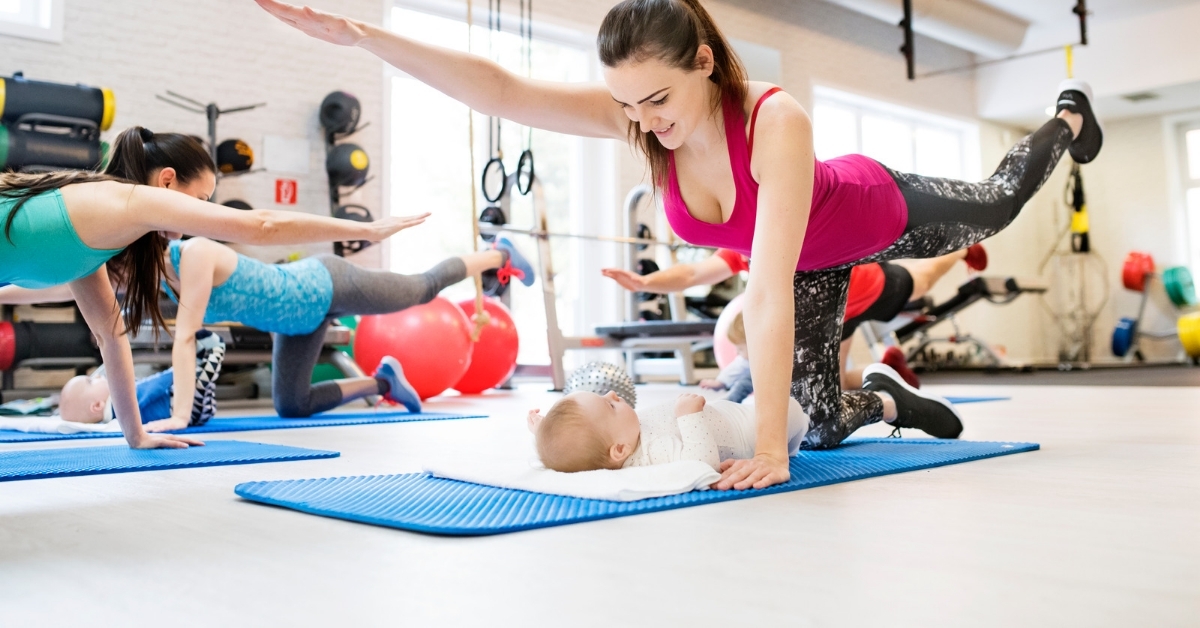The fourth trimester, the period immediately following childbirth, is a critical time for both mothers and newborns. It's a time of significant physical and emotional adjustment as the body heals and adapts to the demands of caring for a newborn. This article provides a comprehensive guide to postpartum recovery, drawing from research and expert advice to support new mothers during this transformative period.
Physical Recovery After Childbirth
The physical recovery process varies depending on the type of delivery, but it generally includes healing from perineal tears, cesarean sections, and managing postpartum bleeding. According to a study in The Lancet, the first six weeks postpartum are crucial for physical recovery, as the body undergoes significant changes. Rest is essential during this time, as is proper nutrition to support healing.
Managing Postpartum Pain
Pain management is a key aspect of postpartum recovery. For those who have undergone a cesarean section, the incision site may require special care, including pain relief and wound care. Over-the-counter pain relievers, prescribed medications, and natural remedies like warm baths can help manage discomfort. The Journal of Obstetric, Gynecologic & Neonatal Nursing recommends that mothers monitor their pain levels and seek medical advice if pain persists or worsens.
Emotional and Mental Health
Postpartum recovery is not just about physical healing; emotional and mental health are equally important. The sudden hormonal changes that occur after childbirth can lead to mood swings, commonly known as the "baby blues." However, if these feelings persist, they may indicate postpartum depression (PPD), a condition that affects approximately 1 in 7 women, according to the American Psychological Association.
Recognizing the signs of PPD—such as persistent sadness, anxiety, or feelings of hopelessness—is crucial. Seeking support from healthcare providers, joining postpartum support groups, or speaking with a therapist can help new mothers navigate these challenges. A study published in JAMA Psychiatry emphasizes the importance of early intervention in managing PPD, as untreated depression can have long-term effects on both the mother and child.
Breastfeeding and Nutrition
Breastfeeding is another critical component of postpartum recovery. It not only provides essential nutrients to the newborn but also helps the uterus contract and return to its pre-pregnancy size. The World Health Organization (WHO) recommends exclusive breastfeeding for the first six months of life. Proper nutrition is vital during this time, as it supports both milk production and the mother's recovery. Foods rich in iron, calcium, and protein are particularly beneficial.
The Role of Social Support
Social support is a key factor in successful postpartum recovery. A study in Social Science & Medicine found that mothers who receive support from partners, family, and friends are less likely to experience postpartum depression and more likely to feel confident in their parenting abilities. Encouraging partners to share in childcare responsibilities, seeking help from family members, and connecting with other new mothers can provide much-needed emotional support.
Exercise and Physical Activity
While rest is important, gentle physical activity can aid in postpartum recovery. Walking, pelvic floor exercises, and light stretching can help improve circulation, reduce the risk of blood clots, and promote healing. The American College of Obstetricians and Gynecologists (ACOG) advises that women begin postpartum exercise gradually, with the approval of their healthcare provider, and focus on activities that are comfortable and safe.
Conclusion
The fourth trimester is a time of profound change and adjustment. By understanding the physical and emotional challenges of postpartum recovery, new mothers can take proactive steps to care for themselves. With proper rest, nutrition, social support, and gradual physical activity, the transition into motherhood can be a healthy and fulfilling experience.








